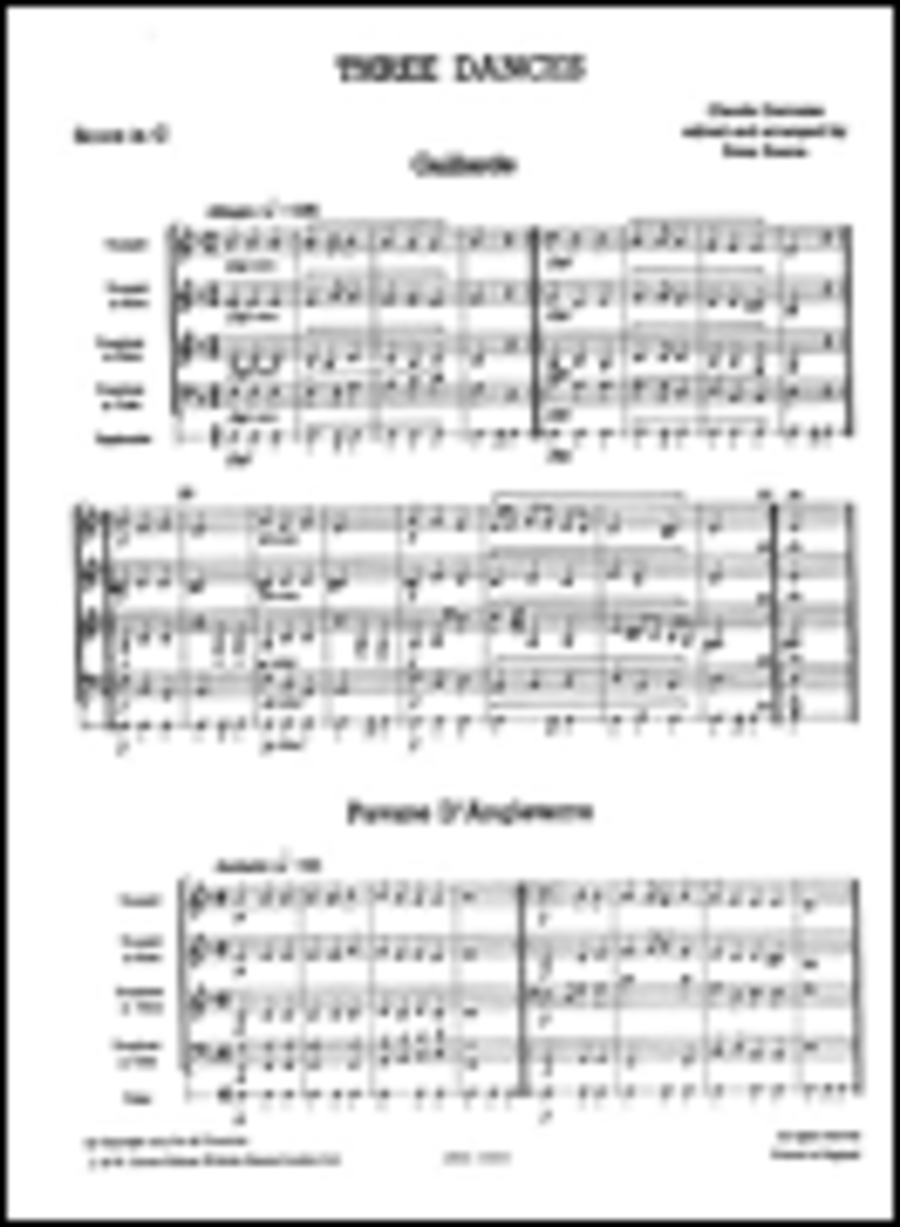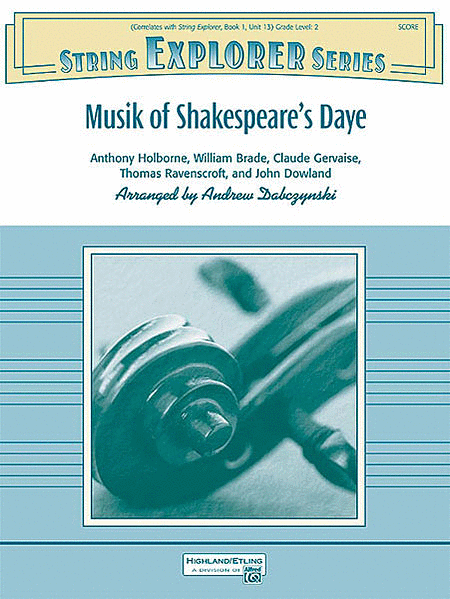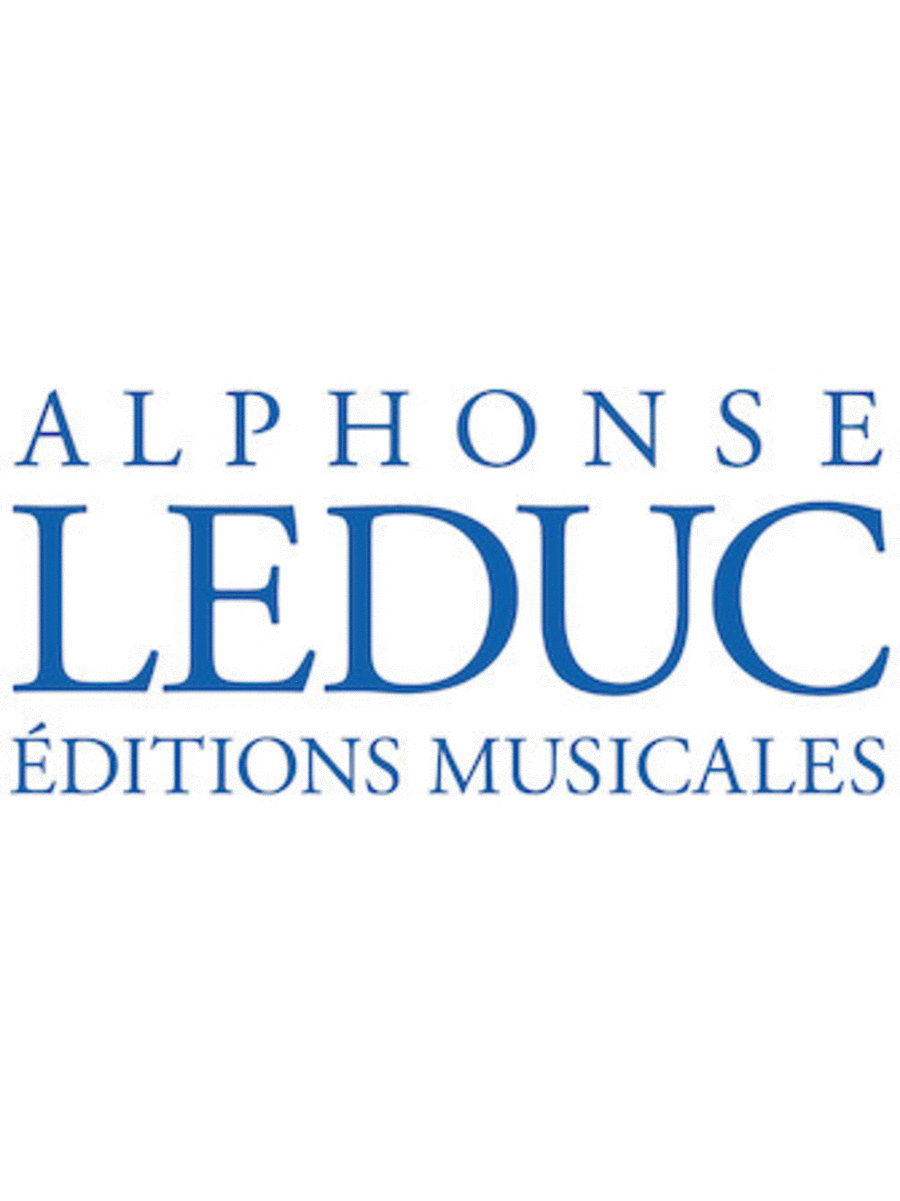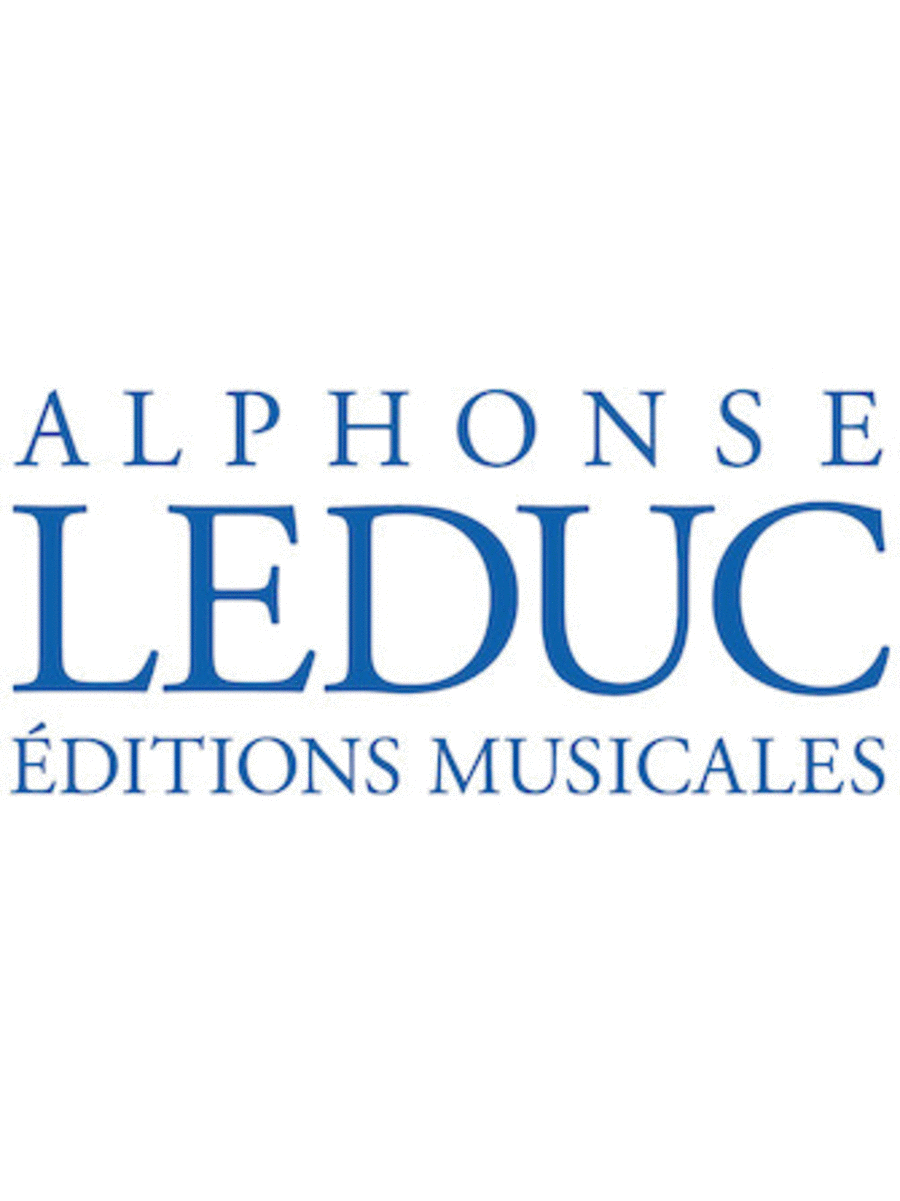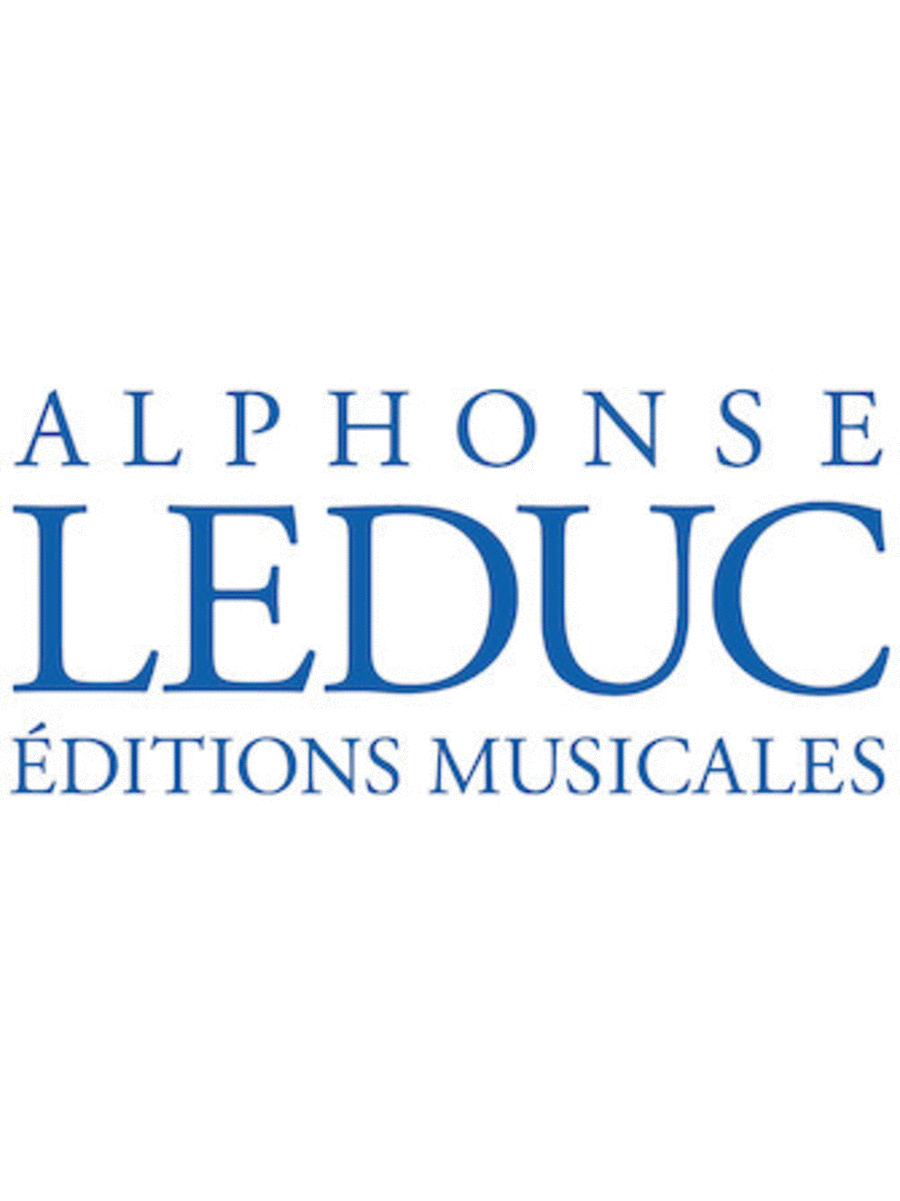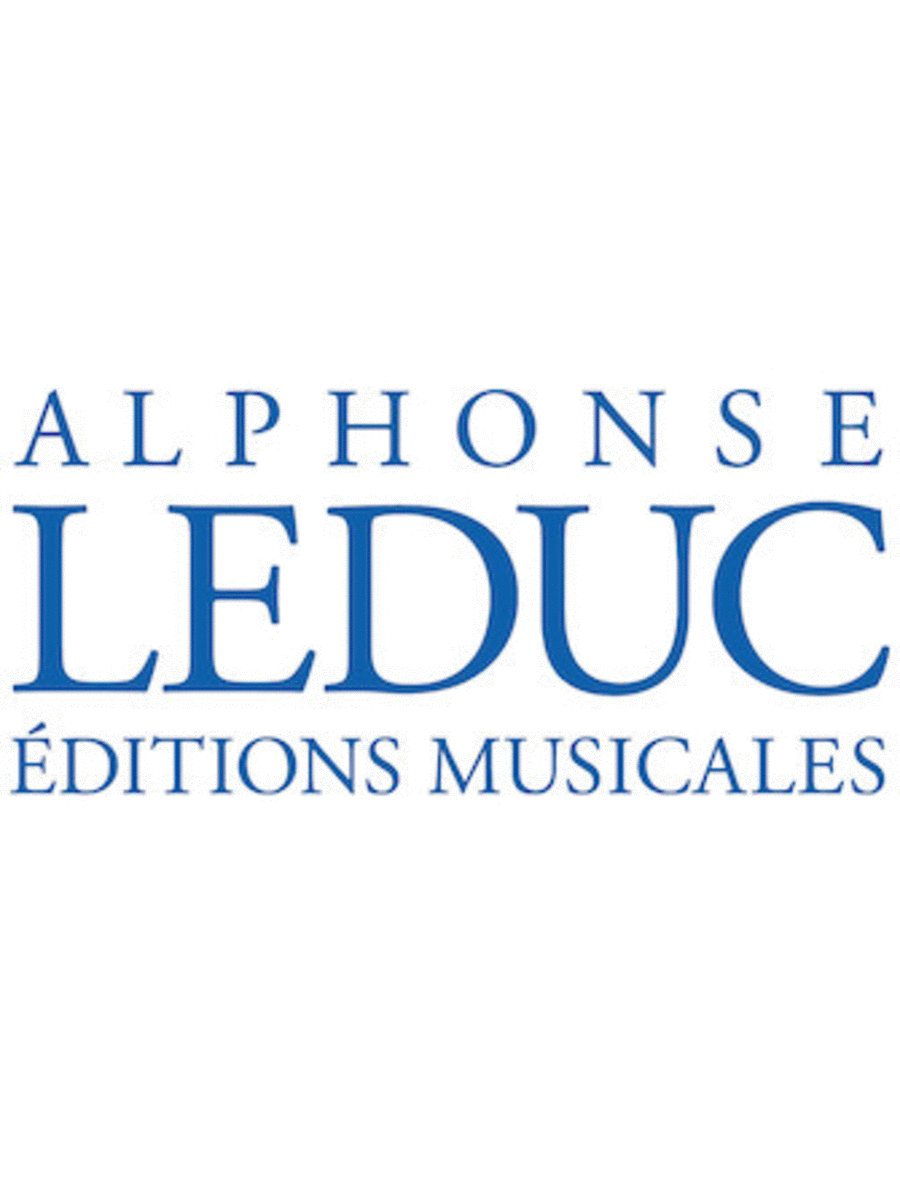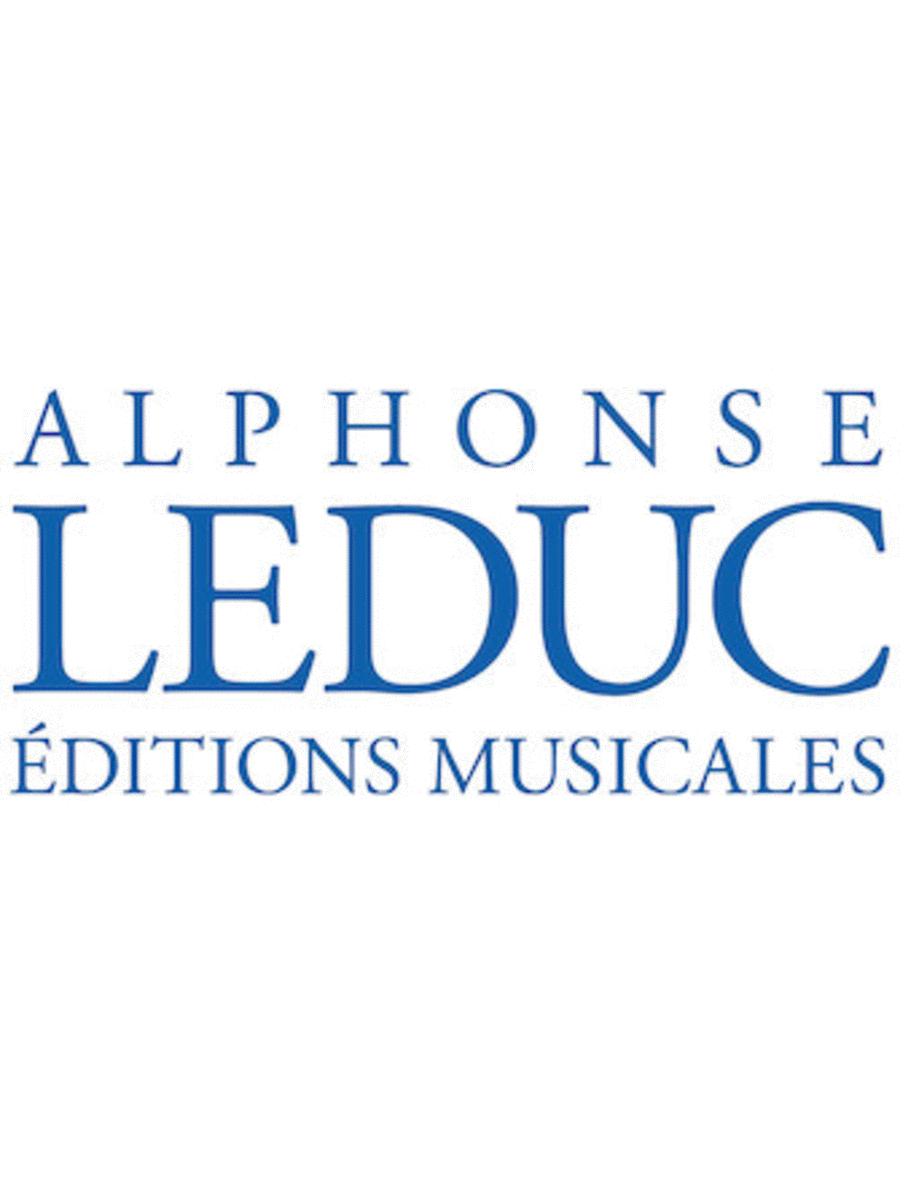
Claude Gervaise (1540 - 1560)
 France
France
Claude Gervaise (fl. 1540 ? 1560) was a French
composer, editor and arranger of the Renaissance,
who is mainly remembered both for his association
with renowned printer Pierre Attaingnant, as well
as for his instrumental music.
Gervaise's ... (Read all)
Source : Wikipedia
 France
FranceClaude Gervaise (fl. 1540 ? 1560) was a French
composer, editor and arranger of the Renaissance,
who is mainly remembered both for his association
with renowned printer Pierre Attaingnant, as well
as for his instrumental music.
Gervaise's ... (Read all)
Source : Wikipedia
Free sheet music of Claude Gervaise - Ain
3 sheets found sorted by:
Search





